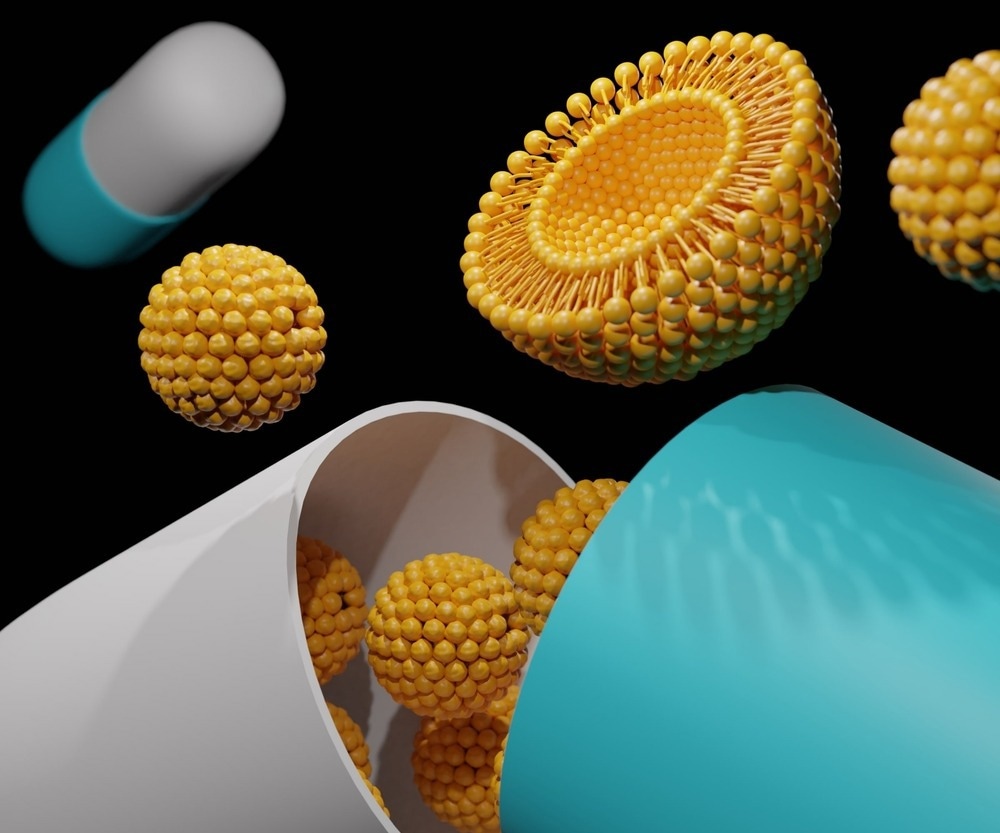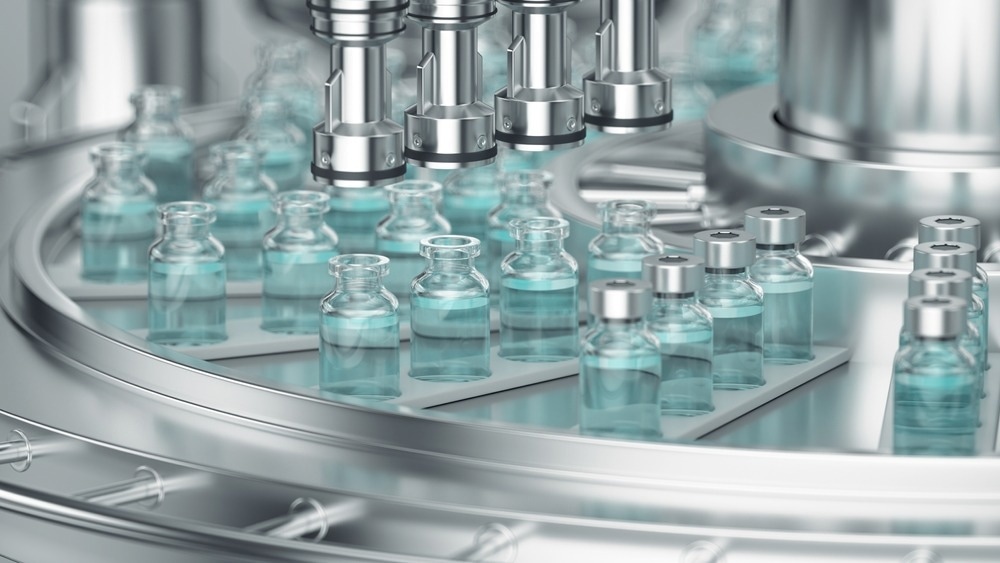In this article, we discuss the nanomedicines that are primed to transform the world of healthcare.

Image Credit: Love Employee/Shutterstock.com
The Advent of Nanomedicine
The advent of nanomedicine represents a significant step forward in healthcare. It offers novel approaches to the diagnosis and treatment of a wide range of diseases. Nanomedicines are already transforming healthcare, and new nanomedicines that emerge in the coming years will continue to transform future possibilities in the sector.
The concept of leveraging nanoparticles in medicine originated in the 1960s, although it was not until the 1990s that significant progress in this field began, thanks to the advent of nanotechnology.
Nanomedicine has already helped develop improved drug delivery systems that enhance therapeutic impact while minimizing side effects. Nanotechnology has also been leveraged in designing and developing novel diagnostic platforms that are more sensitive than traditional approaches and allow for more accurate disease monitoring. The emergence of nanomedicines has helped advance targeted therapies, theranostics, personalized medicine, imaging, and cancer treatment.
Here, we will explore nanomedicines that have recently been developed and are predicted to have a significant impact on the future of healthcare.
Nanoscale Drug Delivery for Cancer Immunotherapy
Scientists around the world have been working on developing nanomedicines to improve cancer immunotherapy. Nanoparticles can be used to carry immunotherapeutic agents (e.g. antigens or checkpoint inhibitors) and deliver them to targeted sites (e.g. directly to cancer cells). This use of nanoparticles in medicine serves to elevate the body’s immune response against cancer cells, thus increasing the treatment’s efficacy, while minimizing the side effects of the medicine.
RNA-Based Nanomedicines for Genetic Diseases
The field of genetic diseases has also greatly benefited from recent advancements in nanomedicine. RNA-based nanoparticles, such as lipid nanoparticles (LNPs), have emerged as a promising tool for delivering new gene editing tools such as CRISPR-Cas9 and mRNA vaccines such as some of the COVID-19 vaccines. RNA-based nanomedicines have the potential to revolutionize the future treatment of genetic disorders and infectious diseases.
Nanoparticle-Based mRNA Vaccines
Some of the COVID-19 vaccines that were developed to gain control of the pandemic are classed as mRNA vaccines, a type of vaccine that represents a revolutionary application of nanomedicine. This class of vaccine uses LNPs to deliver strands of synthetic mRNA that code for specific proteins that are vital for the vaccine to function; in the case of the COVID-19 vaccine, this was the spike protein of the SARS-CoV-2 virus. Once delivered to human cells, the fragment of mRNA instructs the cell to build the protein, which triggers an immune response that helps to protect against the specific disease (e.g. COVID-19).
Thanks to the success of the rapid response of mRNA vaccines to the COVID-19 pandemic, many new opportunities have opened up for vaccine development. Scientists are now exploring how this application of nanomedicine can be applied to vaccine development for a wide range of infectious diseases, such as influenza, HIV, and Zika.

Image Credit: wacomka/Shutterstock.com
What Might Healthcare Achieve in the Future With the Help of Nanomedicine?
As research and development continue in the field of nanomedicine, we will likely see more significant breakthroughs in various fields of healthcare.
For example, we will likely see groundbreaking advancements in precision medicine, which will allow for highly tailored and personalized treatment options. As a result, we hope to see better outcomes for people diagnosed with serious illnesses, as well as reduced side effects and a better quality of life while receiving treatment.
We will also likely see significant developments in regenerative medicine. Nanoparticles may find critical applications in the delivery of stem cells and growth factors to treat and repair damaged tissues. This will improve treatment options for those with degenerative diseases and severe injuries.
As discussed above, developments in nanomedicine are significantly improving vaccine development. There is an opportunity to increase the effectiveness of vaccines by improving the antigen delivery and immune response with mRNA vaccines, which could open the door to the establishment of more potent vaccines for a number of infectious diseases.
Certain disease areas stand to benefit from continued research and development in the field of nanomedicine. Predominantly, cancer treatment will likely derive great benefit from advancements in this field. The treatment of neurological disorders such as Alzheimer’s and Parkinson’s disease may also benefit, given the opportunity to utilize nanoparticles to help deliver drugs across the blood-brain barrier.
In the future, we may see the development of novel, non-invasive diagnostics, thanks to developments in nanomedicine. There is a potential for nanoscale sensors to be developed that enable non-invasive and sensitive diagnostic techniques. With novel, nanotechnology-enabled diagnostic platforms, diseases could theoretically be identified at an earlier stage, which could lead to better disease outcomes.
Overall, the continued development of nanomedicine stands to improve healthcare in numerous ways.
References and Further Reading
Hou, X., et al. (2021). Lipid nanoparticles for mrna delivery. Nature Reviews Materials, 6(12), pp.1078–1094. doi.org/10.1038/s41578-021-00358-0
Laroui, H., et al. (2013). Nanotechnology in diagnostics and therapeutics for gastrointestinal disorders. Digestive and Liver Disease, 45(12), pp.995–1002. doi.org/10.1016/j.dld.2013.03.019
Lipid nanoparticle-enabled gene editing in the lung via inhalation. (2023) Nature Biotechnology [Preprint]. doi.org/10.1038/s41587-023-01689-9
Zhou, L., et al. (2022). Nano Drug Delivery System for tumor immunotherapy: Next-generation therapeutics. Frontiers in Oncology, 12. doi.org/10.3389/fonc.2022.864301
Disclaimer: The views expressed here are those of the author expressed in their private capacity and do not necessarily represent the views of AZoM.com Limited T/A AZoNetwork the owner and operator of this website. This disclaimer forms part of the Terms and conditions of use of this website.